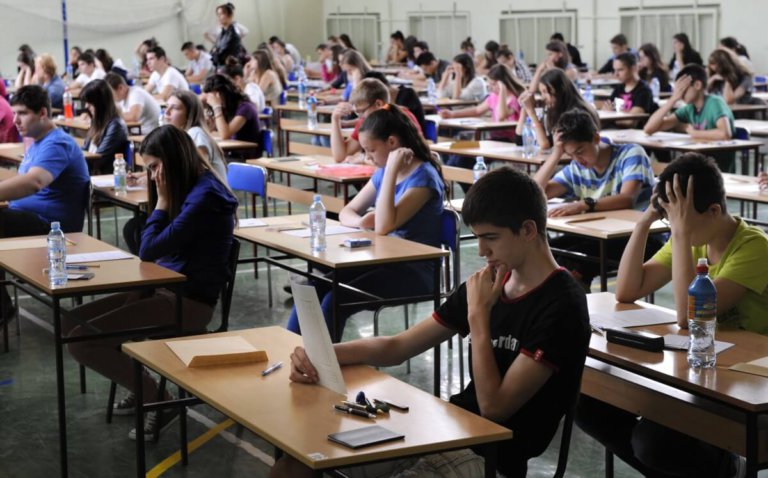
Falling on August 22 this year in England, Wales and Northern Ireland, GCSE results day 2019 can be a deal-breaker for many young learners.
Standing for the General Certificate of Secondary Education (GCSE), these academic qualifications are a gateway into A-level subjects at sixth form colleges and pre-university programmes.
Facing up to exam pressure, this year’s school learners understand the importance of GCSE results day 2019.
While some students will have achieved the results they’d been working so hard for, others may not be facing the same fate.
And if you’re one of those students, here’s some advice you should consider:

Try not to panic after GCSE results day 2019. Source: Ben White/Unsplash
Don’t shy away, speak up
Automatically, when your expectations aren’t met, you might fall into a cocoon of self-doubt, shying away from your feelings and keeping everything inside.
So, if your results didn’t align with your end goals, don’t be afraid to discuss it with close friends, family or teachers.
Once you talk about it out loud, your perspective is likely to change.
Not everyone in England, Wales and Northern Ireland took GCSE exams or succeeded at first try; there’s no need to feel upset or unappreciated after faulting your expectations.
Some of the most successful people in the world dropped out of their school exams and degrees – try not to put yourself under too much stress!
Reroute your academic track
Creating a personal GCSE road map will outline the next steps you need to take after failing one or more of your exams.
It doesn’t matter when you start following the map; there’s no need to rush.
But having one to refer to later on will help to ease the panic and work as a reminder to keep going until you’ve achieved your aspirations.
Everyone’s career goal is different; there may be some GCSEs you need for certain roles, and there may be some you don’t.
For example, if you’ve excelled in English and Maths but not met other grade expectations, first check if your next step on the road map requires any other GCSE results.
You may find that your preferred role only requires select qualifications.

How are you feeling after GCSE Results Day 2019? Source: Ben White/Unsplash
Resit your exams
There’s no harm in sitting your exams again later in the year.
The first resits for English and Maths take place in November, but for other subjects, the earliest opportunity you will have to resit exams will be June 2020.
If you choose to retake your exams, remember to keep up with regular revision sessions, especially if your exam falls under the 2020 schedule.
Ask for extra help from your teachers and peers, and if you’re struggling with traditional study styles, why not try something new?
For instance, AI bots can assist with language exams and Japanese concepts can help improve your study mindset.
The possibility of re-marking
If you feel as though your paper has been marked unfairly, or you believe that the results aren’t matching up to your revision standards, speak to a teacher at your school about sending the exam in for a re-mark.
Reviews of marking can take up to 20 days to come back to you after submission, and they’re worth it if you feel as though there’s been a mistake.
If, after the re-mark is back, you’re still dissatisfied, you can speak to your school and request to appeal the result.
GCSE results day 2019 – live: The national results and trends https://t.co/LT2wRT8D9N
— The Independent (@Independent) August 22, 2019
Ultimately, your future is in your hands.
Whether or not you need all the GCSEs to get to where you need to be is a decision you should make based on your career road map.
Just try not to panic, remain focused and maintain a positive mindset!







